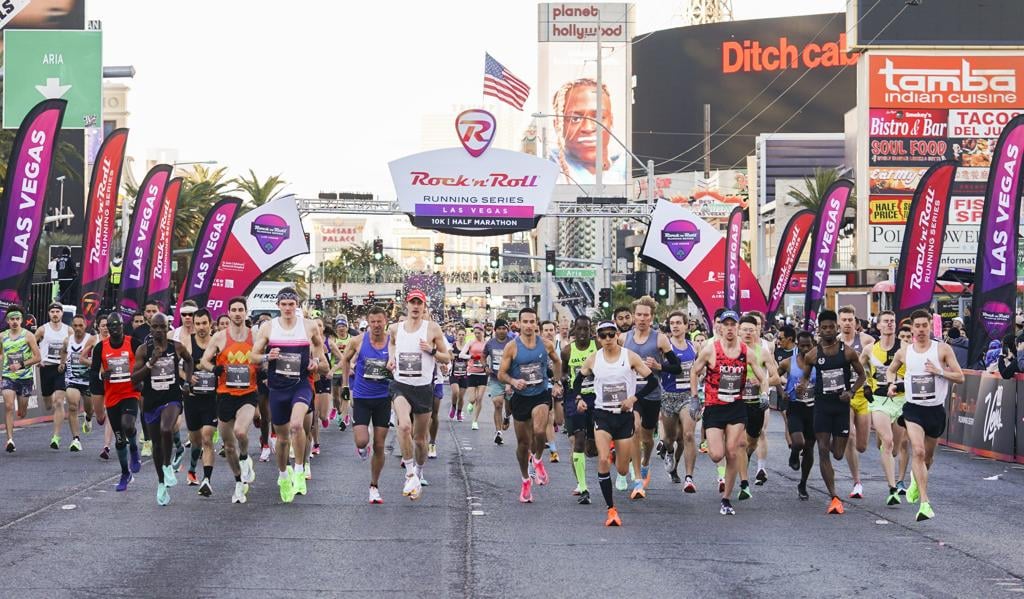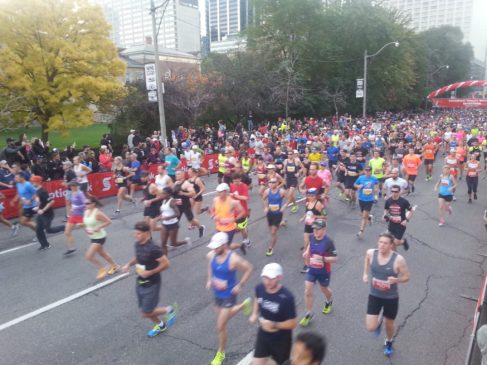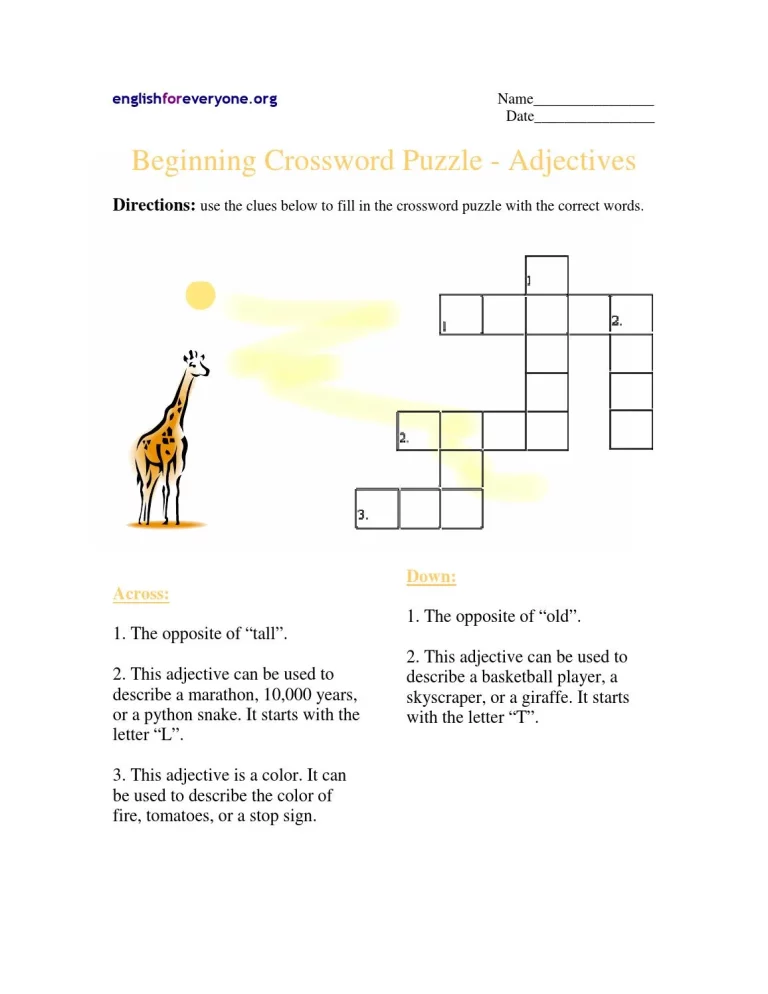What Marathon Time is Considered Elite
An elite marathon time is typically considered to be around 2 hours and 10 minutes or faster. Elite marathon runners are athletes who can sustain a pace of less than 5 minutes per mile for 26.2 miles.
Achieving this level of performance requires exceptional speed, endurance, and dedication to training. Elite marathoners often compete at the highest levels of the sport, representing their countries in international competitions and earning sponsorships from major athletic brands. Their times serve as benchmarks for what is possible for the human body to achieve in the realm of long-distance running, inspiring recreational runners to push their own limits and strive for personal bests.
We will explore the characteristics and training regimens of elite marathon runners, shedding light on the remarkable physical and mental abilities that allow them to excel in this demanding sport.

Credit: www.runrocknroll.com
Defining Elite Marathon Times
The concept of elite marathon times refers to the fastest finishing times achieved by professional runners in marathon races. These times represent the pinnacle of athletic achievement and are used to categorize elite runners from the rest of the field. In this article, we will explore the criteria for elite classification and provide a historical perspective on the evolution of elite marathon times.
Criteria For Elite Classification
To be considered an elite marathon runner, certain performance standards must be met. These standards may vary slightly depending on the specific race or organization, but they generally include the following criteria:
- Substantial Marathoning Experience: Elite runners typically have a proven track record in marathon races, demonstrating their ability to consistently perform at a high level.
- Minimum Time Threshold: There is usually a minimum required time that a runner must achieve to be considered elite. This time threshold may vary based on factors such as gender and age.
- Proficiency in Competitive Fields: Elite runners are expected to excel in races with highly competitive fields, often competing against other elite athletes.
Meeting these criteria demonstrates not only exceptional physical ability but also a level of dedication and commitment required to compete at the elite level in marathon racing.
Historical Perspective
The concept of elite marathon times has evolved over time, reflecting advancements in sports science, training techniques, and the overall level of competition. In the early days of marathon racing, elite times were considerably slower compared to modern standards. As training methods improved and athletes became more specialized, marathon times gradually began to decrease.
For instance, in the 1904 Olympics, the winning marathon time was over three hours. However, as years passed, elite runners started breaking the three-hour barrier. By the 1960s, the world record had dropped to around 2 hours and 18 minutes.
In recent decades, the pursuit of faster times has intensified, leading to notable breakthroughs. In 2002, the first marathon under two hours and six minutes was achieved. This milestone further pushed the boundaries of what was considered an elite marathon time, inspiring runners to strive for new records.
Overall, the definition of elite marathon times continues to evolve as athletes push the limits of human performance. Each generation builds upon the accomplishments of the past, ushering in new milestones and raising the bar for future elite marathon runners.
Factors Affecting Elite Marathon Times
Elite marathon times are influenced by factors like genetics, training intensity, and nutrition. Athletes achieving elite status typically finish marathons in under 2 hours and 10 minutes. Training methods and physiological attributes play a critical role in attaining these impressive times.
Factors Affecting Elite Marathon Times An elite marathon time is a noteworthy accomplishment, requiring a combination of exceptional training, genetic predisposition, and suitable race conditions. Understanding the factors that influence elite marathon times can provide aspiring runners with valuable insights into the level of commitment and preparation required to achieve this impressive feat.Training Regimen
Elite marathon times are often the result of rigorous and meticulously planned training regimens. Professional athletes and elite runners follow carefully structured programs that encompass various elements such as long runs, speed workouts, tempo runs, and recovery sessions. These training protocols are designed to optimize the athlete’s aerobic capacity, endurance, and overall physical conditioning, ultimately contributing to improved marathon performance.
Genetics Influence
The genetic makeup of an individual plays a significant role in determining their potential for elite marathon performance. Certain genetic traits, such as high aerobic capacity, efficient oxygen utilization, and favorable muscle fiber composition, can confer a competitive advantage to elite runners. While dedicated training and hard work are essential, genetic predispositions can influence an athlete’s innate ability to excel in the marathon distance.
Race Conditions
Elite marathon times can also be influenced by the prevailing race conditions. Factors such as temperature, humidity, wind, and elevation can impact performance significantly. Ideal race conditions, including moderate temperatures and minimal wind resistance, can create an environment conducive to fast times. Additionally, the layout of the course, presence of pacers, and level of competition can also influence an athlete’s ability to achieve an elite marathon time.
Notable Elite Marathoners
Elite marathoners are the cream of the crop when it comes to long-distance running. Their exceptional athletic abilities, mental toughness, and dedication to their craft enable them to achieve remarkable marathon times that put them in a league of their own. Let’s explore some of the notable elite marathoners who have left an indelible mark on the sport through their extraordinary performances.
Current Records Holders
Current record holders in the marathon have achieved astonishing feats that set them apart as the fastest runners in the world. One standout figure is Eliud Kipchoge, who holds the men’s world record for the fastest marathon time, completing the distance in a jaw-dropping 2 hours, 1 minute, and 39 seconds. On the women’s side, Brigid Kosgei’s remarkable record-breaking run of 2 hours, 14 minutes, and 4 seconds solidified her as the current women’s world record holder.
Legendary Performances
Alongside current record holders, there are legendary marathoners whose performances have left an enduring legacy in the sport. The name of Haile Gebrselassie stands out prominently, with his extraordinary marathon victory at the 2008 Berlin Marathon, where he set a world record of 2 hours, 3 minutes, and 59 seconds. Another iconic moment in marathon history is Paula Radcliffe’s remarkable world record-setting run at the 2003 London Marathon, clocking an unparalleled time of 2 hours, 15 minutes, and 25 seconds.
Evolution Of Elite Marathon Times
Marathons have always been a testament to human endurance and athletic prowess. Over the years, the standards for elite marathon times have evolved, pushing the limits of what was once thought possible. From the first Olympic marathon in 1896 to the present day, advancements in training methods, technology, and the overall athletic landscape have played a significant role in shaping the times achieved by elite marathoners. In this article, we will explore the trends over the decades and the impact of technological advancements on elite marathon times.
Trends Over Decades
The average marathon time for elite athletes has seen a steady decline over the past century. In the early 1900s, a sub-three-hour marathon time was considered exceptional. However, as training methods improved and athletes became more specialized, the times began to drop. By the 1960s and 1970s, the elite marathons times had reached the sub-2:20 mark. Today, anything above 2:10 is typically not considered elite.
Let’s take a closer look at the trends in elite marathon times over the decades:
- 1900s – The average elite marathon time was around 3 hours, 30 minutes.
- 1930s – The times started to improve, with the average being around 3 hours.
- 1950s – The first sub-2:30 marathon times started to appear.
- 1960s – The sub-2:20 mark was breached, with the average time around 2 hours, 18 minutes.
- 1970s – Elite marathon times continued to improve, with the average dipping below the 2 hours, 15 minutes mark.
- 1980s – Further improvements brought the average time down to around 2 hours, 11 minutes.
- 1990s – The average elite marathon time approached the 2 hours, 10 minutes mark.
- 2000s – Elite athletes began consistently achieving sub-2:10 times.
- Present – Times in the range of 2 hours, 5 minutes to 2 hours, 10 minutes are considered common among elite marathoners.
Technological Advancements’ Impact
Technological advancements have played a significant role in the evolution of elite marathon times. Here are some key ways technology has impacted marathon performances:
- Footwear: The development of lightweight and cushioned running shoes has allowed athletes to maintain faster paces for longer durations, minimizing the impact on their bodies.
- Nutrition: A better understanding of nutrition and hydration strategies has enabled runners to optimize their energy levels and enhance their endurance.
- Training: Advanced training methods, including data-driven analysis, personalized coaching, and access to specialized facilities, have revolutionized how athletes prepare for marathons.
- Athlete Tracking: GPS-enabled devices and apps have made it easier for coaches and athletes to track and analyze performance during training, allowing for more precise adjustments to training regimens.
These technological advancements, combined with a deeper understanding of sports science, have undoubtedly contributed to the faster elite marathon times we see today.
Achieving Elite Status
Training Tips
Consistent training and proper nutrition are key to achieving elite marathon times.
Mental Preparation
Developing mental resilience helps elite runners overcome challenges during a marathon.
Credit: www.quora.com

Credit: www.stgeorgemarathon.com
Frequently Asked Questions On What Marathon Time Is Considered Elite
What Is An Elite Marathon?
An elite marathon is a highly competitive race where top runners participate to achieve exceptional times. These runners are typically professional athletes who have undergone rigorous training and have exceptional running abilities. Their performances can often surpass average runners by a significant margin.
What Is An Elite Men’s Marathon Time?
The elite men’s marathon time is around 2 hours and 5 minutes. This is considered an exceptional performance at the highest level of competition. Achieving this time requires extensive training, exceptional physical fitness, and mental toughness.
What Is Classed As An Elite Runner?
An elite runner is a highly skilled and competitive athlete with exceptional speed and endurance. They often compete at national or international levels and are recognized for their outstanding performance in long-distance races such as marathons or track events.
Conclusion
Reaching an elite marathon time requires exceptional dedication, training, and physical ability. The benchmark for elite status varies among different age groups and genders, but generally, a sub-2:10 time for men and sub-2:30 time for women are considered elite. Achieving an elite marathon time is no small feat, but with proper preparation and perseverance, it is an attainable goal for dedicated runners.
Keep pushing your limits and strive for greatness on the marathon course!






